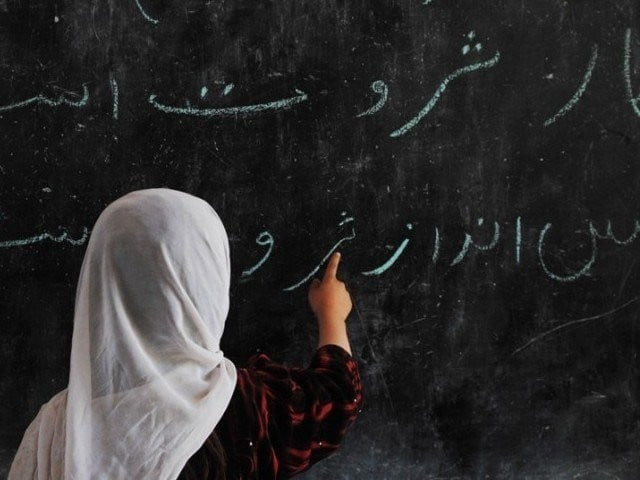Re-shaping education
Punjab is partnering with British Department for International Development, which is funding 5,000 new classrooms

Punjab is partnering with the British Department for International Development (DfID), which is funding 5,000 of the new classrooms. PHOTO: AFP
That there is an education crisis is undeniable and it is not confined to a single province. There are again going to be cries that Punjab gets the icing on the cake and the other provinces have to make do with whatever crumbs come their way. To a degree this is true, but donors and governments look to spend their money wisely in straitened times. For DfID, putting British taxpayers’ money into education in Punjab is a reasonably safe investment — there is a proven capacity to spend effectively, much of the money will actually get where it is supposed to go and not leak away via corruption (even though some will) and the downstream improvements are sustainable. Education improvements will now mean a better educated workforce down the line, with obvious economic and socio-cultural benefits — but in terms of national development, the divide between Punjab and other provinces is only going to widen unless similar interventions are made elsewhere. Sindh and Balochistan remain pitifully under-resourced educationally, Khyber-Pakhtunkhwa less so and we would be heartened to see an uptick in their educational fortunes in the near future as well.
Published in The Express Tribune, July 29th, 2016.
Like Opinion & Editorial on Facebook, follow @ETOpEd on Twitter to receive all updates on all our daily pieces.















COMMENTS
Comments are moderated and generally will be posted if they are on-topic and not abusive.
For more information, please see our Comments FAQ